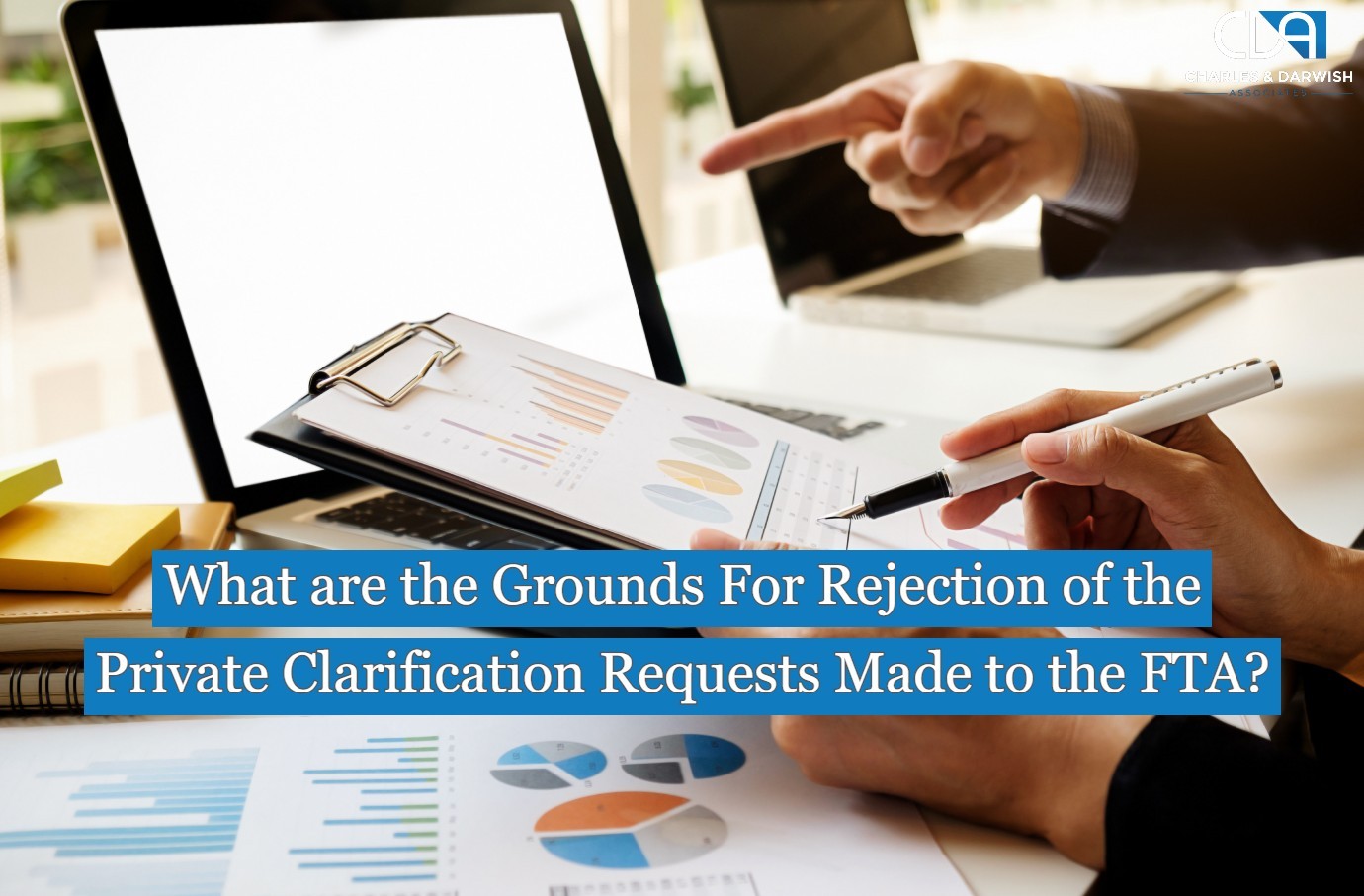Corporate Tax In UAE - All You Need To Know About It In Advance
UAE’s Federal Tax Authority (FTA) has issued a law introducing corporate tax from June 1, 2023, onwards. The decision has been made to ensure a sustainable and diversified economy in the UAE. A taxable person or business will be subject to a 9% corporate tax beginning with their first fiscal year beginning on or after June 1, 2023, according to the law.
Why is corporate tax important in the UAE?
The corporate tax UAE is a tax levied on the profits of a company. The rate of corporate tax in the UAE is 9%. The UAE is a major business and commercial hub. As such, it is important for businesses to understand the corporate tax landscape in the UAE.
The government imposes a corporate tax on businesses, and the amount of tax a business pays depends on a number of factors, including the size of the business, its profits, and the type of business.
There are many reasons why corporate taxation is important.
Firstly, it is a key source of revenue for the government. This revenue is intended to cover the costs of providing public services such as education, health care, and infrastructure.
Secondly, corporate tax helps level the playing field between businesses. Ensuring that all businesses pay their fair share of tax helps to create a level playing field and prevent large businesses from having an unfair advantage over smaller businesses.
You can also read: How Corporate Tax Will Affect your Business in the UAE?
Who should pay corporate tax in the UAE?
All businesses with a taxable profit (net) of more than 375,000 AED are subject to corporate tax and must pay a set proportion of their net profit as corporate tax. UAE companies that are incorporated or managed and controlled in the UAE, as well as some entities in a free zone, fall under this category. To help small firms and start-ups, the corporate tax rate will be 0% if the net profit is less than 3,75,000 AED.
How can businesses file for corporate taxes in the UAE?
Businesses in UAE are first required to get registered under the CT regime in UAE if they are eligible for it, and after getting registered, they may receive a corporation tax registration number from the said authority. The registered business may be required to file the return within the due date, which will be 9 months after the fiscal year end, as per the law.
You can also read: Impact of corporate tax in UAE
What are the businesses or incomes that are not subject to corporate tax?
Given the profit threshold of 3,75,000 AED, any businesses that exceed it must pay corporation tax. Certain types of business or income, however, are exempt from corporate tax.
The following companies or their income are exempt from corporate tax:
- Individuals will be exempt from corporate taxes. As a result, any income derived from employment, real estate, share investments, or other personal income unrelated to a trade or enterprise in the UAE will be free from corporate tax.
- Foreign investors who do not conduct business in the UAE are exempt.
- The present corporate tax advantages available to free zone businesses that meet all regulatory conditions would be continued.
- Capital gains and dividends received by UAE businesses from qualifying shareholdings are tax-free.
- This exemption does not apply to eligible intragroup transactions and restructurings.
What are free zones, and how are they tax-free?
The Corporate Tax Law introduces the notion of a "Qualifying Free Zone Person" (QFZP), which is broadly defined as a free zone firm or branch that:
- Maintains sufficient substance in the UAE
- Obtains eligible income (as determined by a Ministerial Decision).
- Meets transfer pricing requirements.
- Meets any additional requirements imposed by a ministerial decision.
A QFZP will still be charged CT, but at 0%. A QFZP may choose to forego this advantageous regime and pay the ordinary CT rate.
How is corporate tax computed in the UAE?
Corporate tax UAE is determined at 9% of the net profit recorded in the financial accounts of the company. Only if the taxable net profit reaches 375,000 AED will the 9% corporate tax be assessed. In other words, up to 3,75,000 AED in net profit is taxed at 0%.
For example, if the net profit is 5,75,000 AED, the corporate tax is 18,000 AED (5,75,000 – 3,75,000 X 9/100).
You can also read: Everything You Need to Know About Corporate Tax
How can CDA assist you?
CDA has been catering to the accounting and auditing needs of its clients for more than a decade in UAE. Along with accounting and auditing, CDA has a well-versed group of tax professionals who have proper knowledge of the Tax laws prevailing in UAE and the tax laws that are going to be implemented in the future. CDA’s professional team has already started providing corporate tax consultancy services to its clients to enable them to make the required changes before hand and get ready to accept the new tax regime. Contact us right away to learn more about our various services.

Mark Thompson
Full-stack Developer, Blogger, and Tech Enthusiast.
Mark specializes in digital marketing, SEO, and content strategy.













